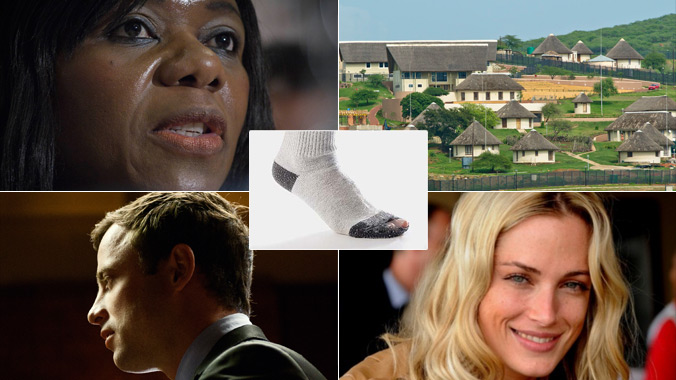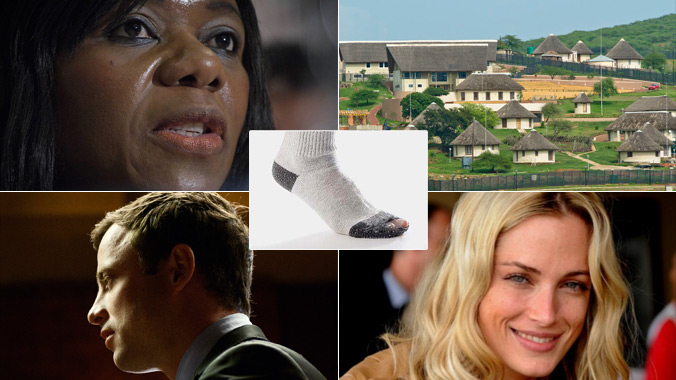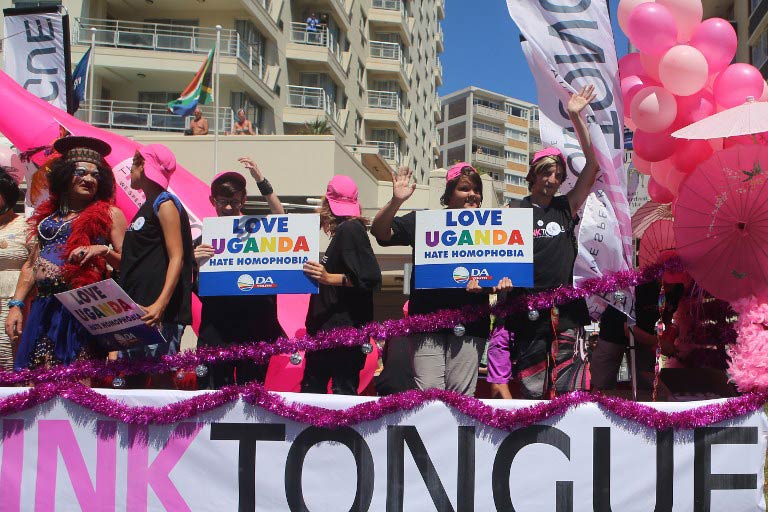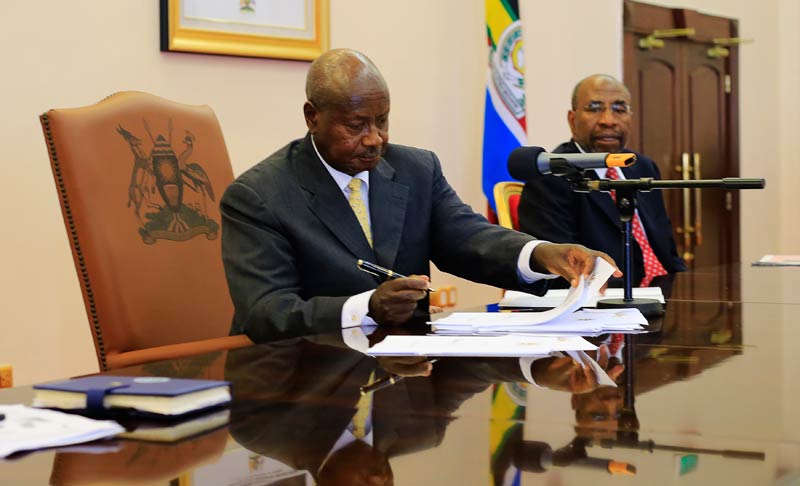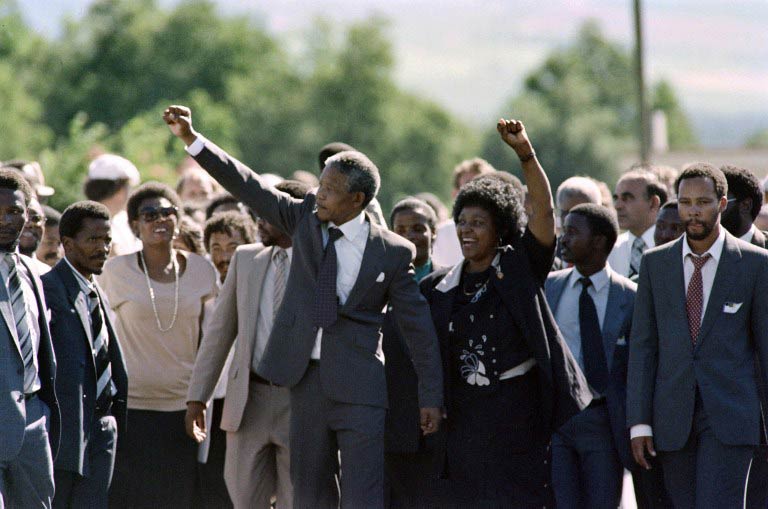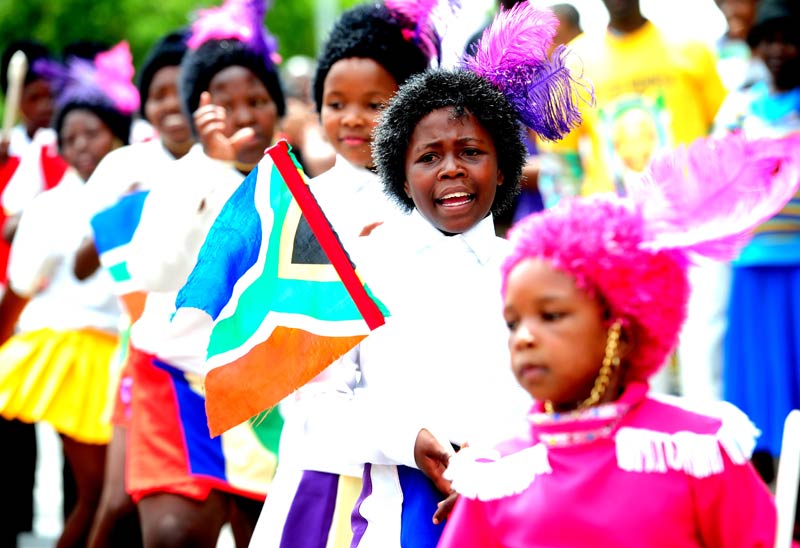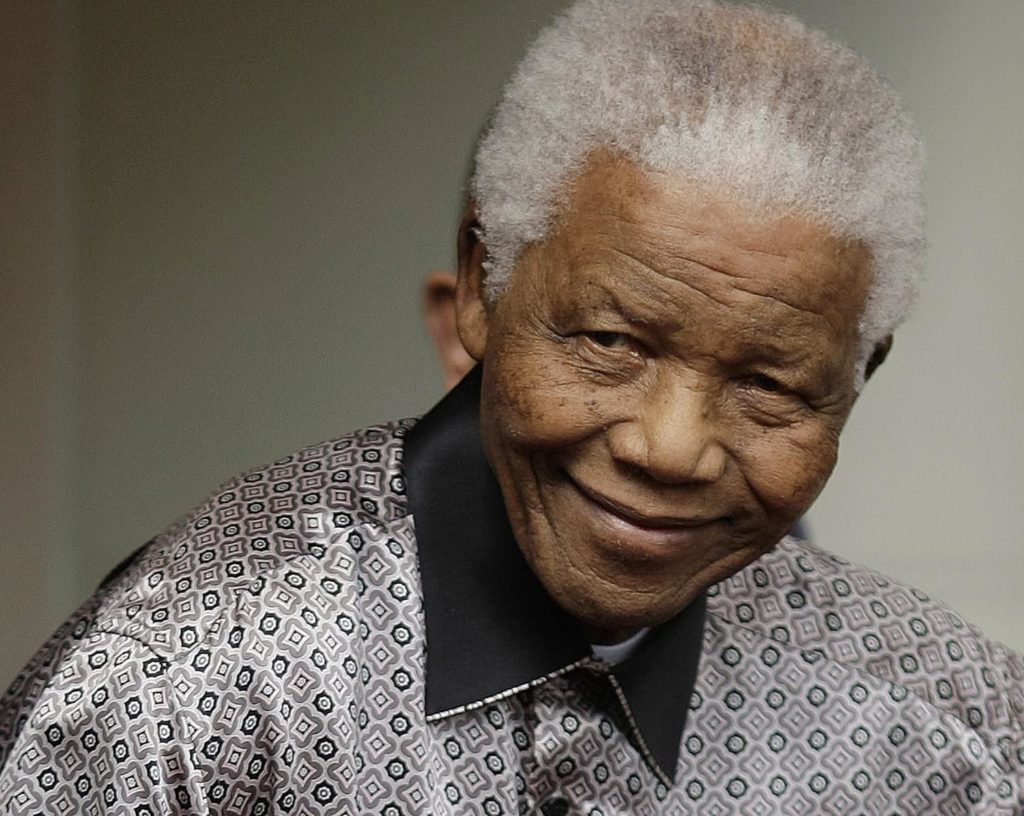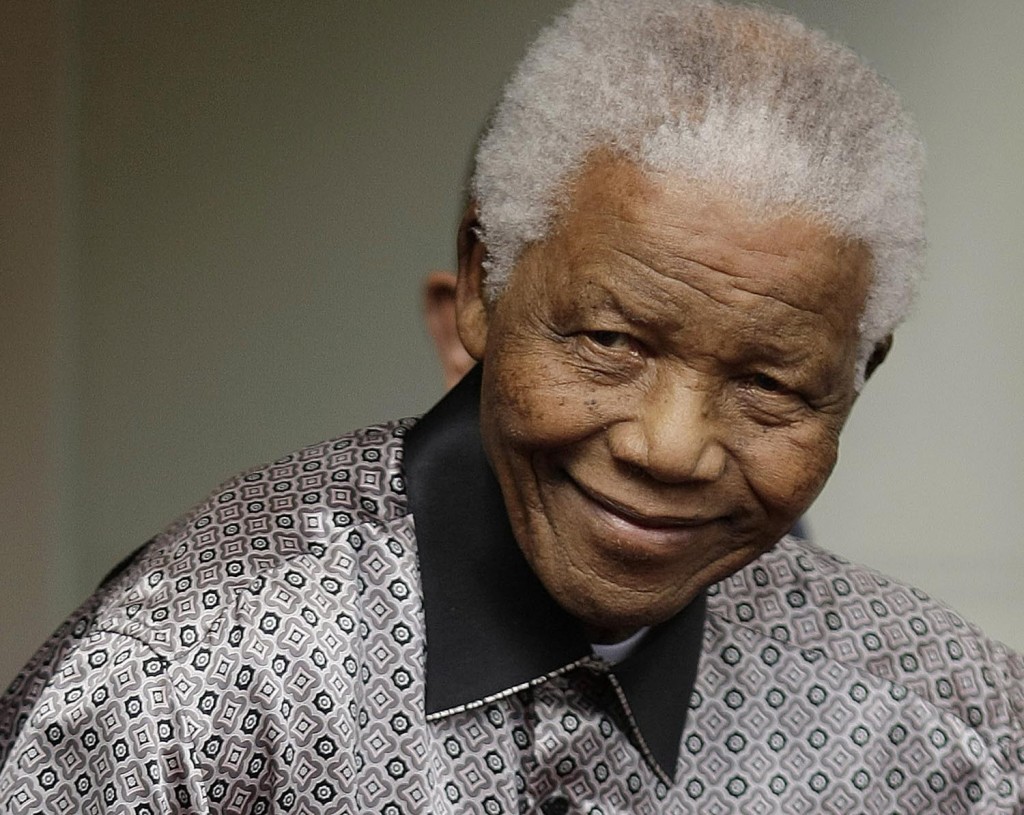How is it possible that we know the correct behaviour or the healthiest practice and yet we don’t follow it? Is it human nature or just a lack of discipline?
I’m guilty of this when it comes to my weight. No amount of knowledge I acquire or books I read can help me get off my roller-coaster ride of weight gain and loss.
I see teenage pregnancy in South Africa in the same light. Having loads of information about it is not enough to change our behaviour. One would think that young people today have enough tools to avoid unwanted pregnancy: contraception is available and sexual health information is a fingertip or a cell phone away. But many girls still fall pregnant before finishing high school. In 2009 alone, more than 49 000 schoolgirls, mostly black and poor, gave birth in South Africa, according to the United Nations Population Fund. This not only endangers their education and their future, it also places a huge burden on their families.
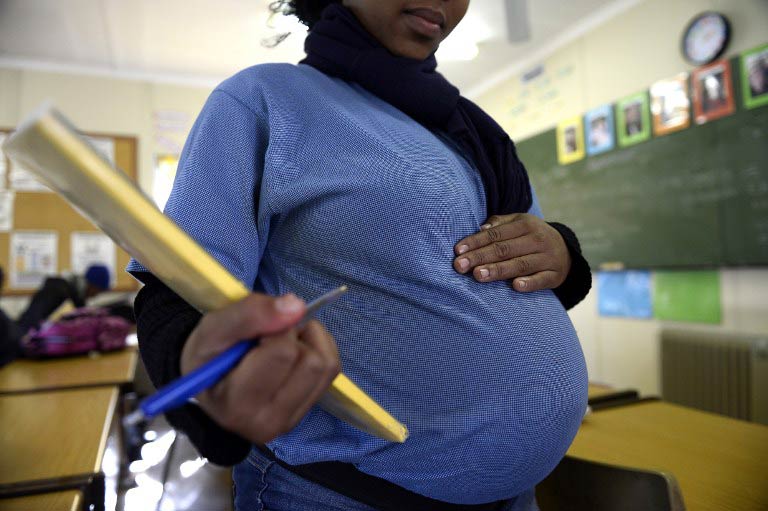
That number of 49 000 pregnant schoolgirls means that as many boys and men impregnated them. Hey, it takes two to tango.
Why does this happen? What perpetuates this cycle?
An insightful 2009 study by researchers Jewkes, Morrell and Christofides aptly summed it up: “Teenage pregnancy is not just an issue of reproductive health and young women’s bodies but, rather, one of its causes and consequences, rooted in women’s gendered social environment.”
Sad but true. Our environment influences young women hugely. In some South African communities, young women are pressured to prove their fertility at a young age, and so they fall pregnant, simultaneously risking contracting sexually transmitted infections and HIV.
And if that’s not enough, they are often left to raise the babies alone because the father is “unknown” – meaning he is either married, or not ready to assume this responsibility, or does not want a child, or is still too young so he gets to continue with his education – while she (the expecting mother) likely drops out of school to care for the baby.
In addition, young women have to wrestle with the societal expectations that they must be conservative and passive.
We are also expected to prove our social status – to look a certain way, wear certain clothes, and be seen possessing certain material things. Dating someone older to provide these status symbols or necessities seems the easier route – no matter the cost.
However, experience has taught me otherwise: nothing is ever for mahala, meaning there are no freebies in life. What you do today will determine your future.
These were the figures reported about HIV in South Africa by the Human Sciences Research Council:
- Among teenagers, girls have eight times the HIV infection rate than their male peers.
- Girls aged 15-19 are more likely than boys the same age to have sex, and sex with older men.
- Condom use has dropped significantly among young people.
To change this gut-wrenching reality, we must ask some hard questions:
- Can we honestly see progress in South Africa when so many girls still fall pregnant and/or contract HIV daily?
- Can we not take advantage of the booming social networks and other creative platforms to create safe spaces for dialogue around the real reasons why young black girls are falling pregnant today?
We should change our way of dealing with this sensitive social issue. Let us be less prescriptive about the young girls’ behaviour and meet them where they are.
Hearing their voices when messages and programmes are designed will help us address the real issues behind teenage pregnancy in South Africa.
To walk the talk, I am developing an interactive session for a group of high school students aged 14-17 in Braamfontein, Johannesburg. We use applied drama and theatre methods to build a platform for dialogue around teenage pregnancy. I’ll keep you posted.
Zandi Mqwathi is a confident, innovative young leader and a former radio personality with a zeal and drive to use her craft and experiences to educate and empower other young women. She writes for Countdown to Zero, a Unicef/Inter Press Service project.

